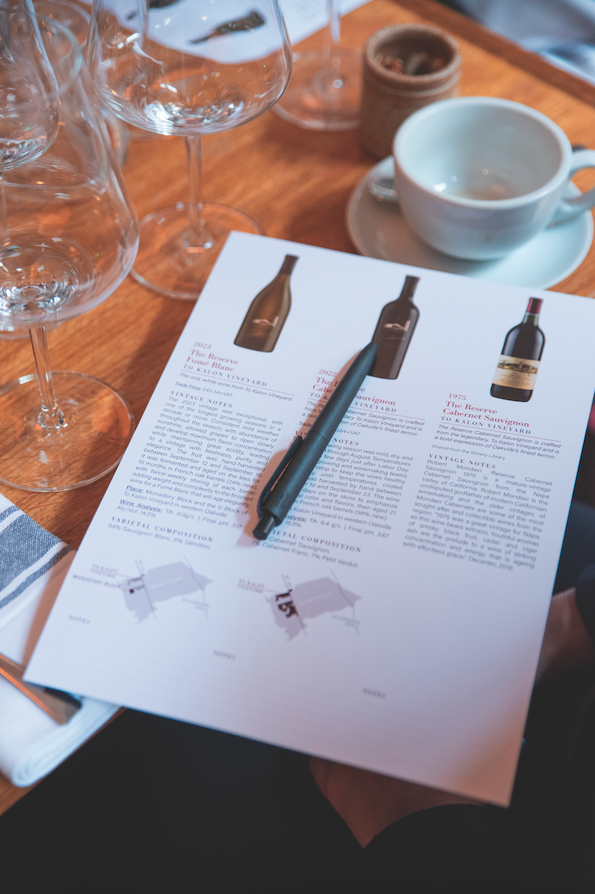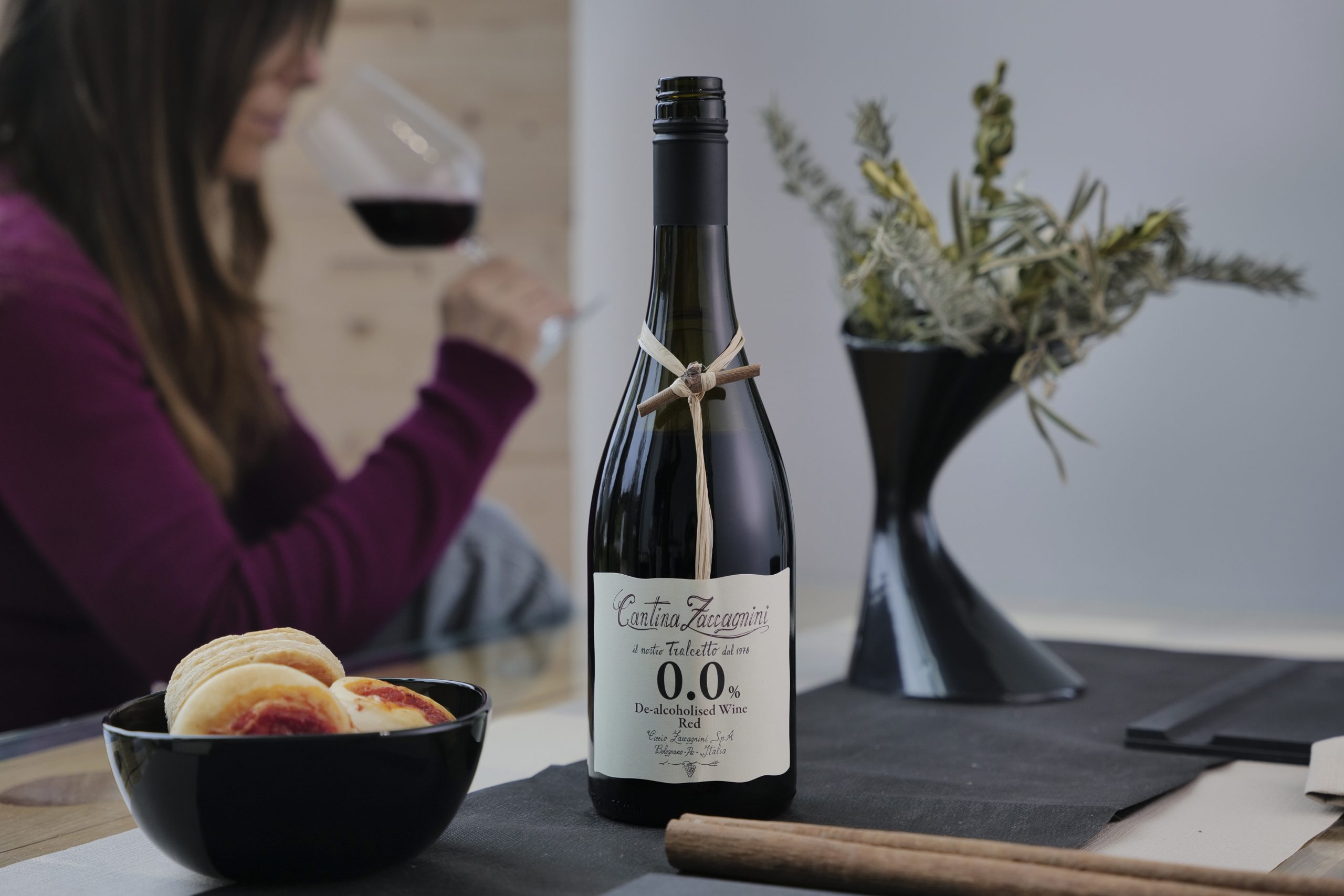The rise of the independent pub
It is hardly news that times are tough in the UK pub industry. With pubs closing at a rate of 29 a week, publicans are being forced to be ever more inventive to stay open for business and remain profitable.
Many independently-owned pubs have demonstrated a particularly strong entrepreneurial flair in recent years to set themselves apart from the competition. Once the breweries dominated the pub scene, then the 1990s saw the rise of the big pub-owning groups. Now, a breed of independent, enterprising landlords, free from constraints and diktats from on high, are able to attract customers in their own way, on their own terms and, often, using more than just the traditional pub offering.
Just over 40% of the UK’s 48,000 pubs are independent, British Beer & Pub Association (BBPA) figures show. This is up from about a third of pubs being independently-owned in 1990, a shift that was partially driven by the Beer Orders, a Government move more than 20 years ago to reduce the stranglehold of the big brewers on pubs. But, more recently – and more positively – the emergence of micro-breweries in Britain and the increasing sophistication of many pub-goers has been a further spur to brew pubs and independent outlets.
In your average independently-run pub there are standard expenses any landlord will have to take into account including staff costs, food and drink, business rates and utility bills, plus insurance. Repairs and maintenance of pub premises are another concern, as well as the usual professional fees that SME bosses face, such as accountancy bills and bank charges. It is a lot to cover and often sales of beer, wine and spirits are not enough to make ends meet, let alone make a profit. And the list above does not allow for the extra expenses involved in implementing growth plans.
As such, independent pub owners are finding new ways to drive sales and expand their business. Many opt for the obvious option of shifting from ‘wet’ sales – where most takings come from drink – to selling bar snacks, pub food or gastro fare, all of which have greater sales margins. They may not be able to do anything about high taxes on beer or competition from the supermarkets discounting alcohol, but business owners can better appeal to the drinking and eating public who are more inclined to spend money than a few years ago.
We have seen pubs exploiting the recent trend for craft beers by introducing regular changes on the pumps, offering different guest ales most weeks and, in some venues, allowing punters to vote for what appears next. Others offer an impressive selection of wine, reflecting the shift from beer and spirits to wine-drinking on the part of many Britons over the last decade or so. And some are even more imaginative in the services they offer, as seen in some of the pubs helped by not-for-profit organisation Pub Is The Hub
Partner Content
- The Queen’s Head in Hawkedon in Suffolk has a butcher’s shop on the premises, offering meat and game provided by local farmers and suppliers.
- The Pheasant Inn in Gestingthorpe, Essex, has created its own market garden to grow produce for the pub menu, as well as offering fruit and vegetables for sale through a shop attached to the pub. This is to add to the smokery and bee hives already established by the pub owners for use in their food offering.
- The Blacksmiths Arms of Rothwell in Lincolnshire has been contracted by several local primary schools to provide the children with hot meals during the school day.
Such innovations are impressive, but they all take investment on the part of the business owner. Which is where, increasingly, we come in. The high street banks have never been very keen on hospitality firms, considering them a risky category of business. Sometimes they refuse to fund the purchase of certain types of equipment. Even independent pubs that own their premises can struggle to raise finance through traditional routes. The reasons for refusal can be many – and frequently baffling. Others combine alternative finance with bank borrowing, using asset finance, short-term loans or peer-to-peer borrowing for specific needs and mainstream lending for more conventional demands.
The importance of the pub to communities should not be underestimated. Not only do pubs fulfill an important social function, the BBPA estimates the presence of a pub boosts the local economy by an average of £80,000 a year. It has an essential role in British life and should be supported. With Britain now having almost 20,000 fewer pubs than it boasted in 1982, publicans have their work cut out to survive in the 21st century. But, I believe, many have the ingenuity and drive to do so and even to thrive – and we intend to play our part in ensuring that the British pub is alive and well for many years to come.
By Willem van Lynden, the director of sales and marketing at Boost Capital, the business finance provider.





Interesting & to be commended, I would truly love to see a great rise in independents.
However I wonder if the increase in percentage is due more to the closure of Pubs owned by the conglomerates rather than “new kids on the block”.
Hi Peter, thanks for commenting. As you say, the increase of independently owned pubs is likely to be a combination of some chains closing and the ‘new kids on the block’. We would like to see the number of independent pubs continue to rise and think funding can have a big role to play in helping this happen. You can find out more about our funding for pubs here: http://www.boostcapital.co.uk/small-business-loans-uk/funding-pub-business-loans/